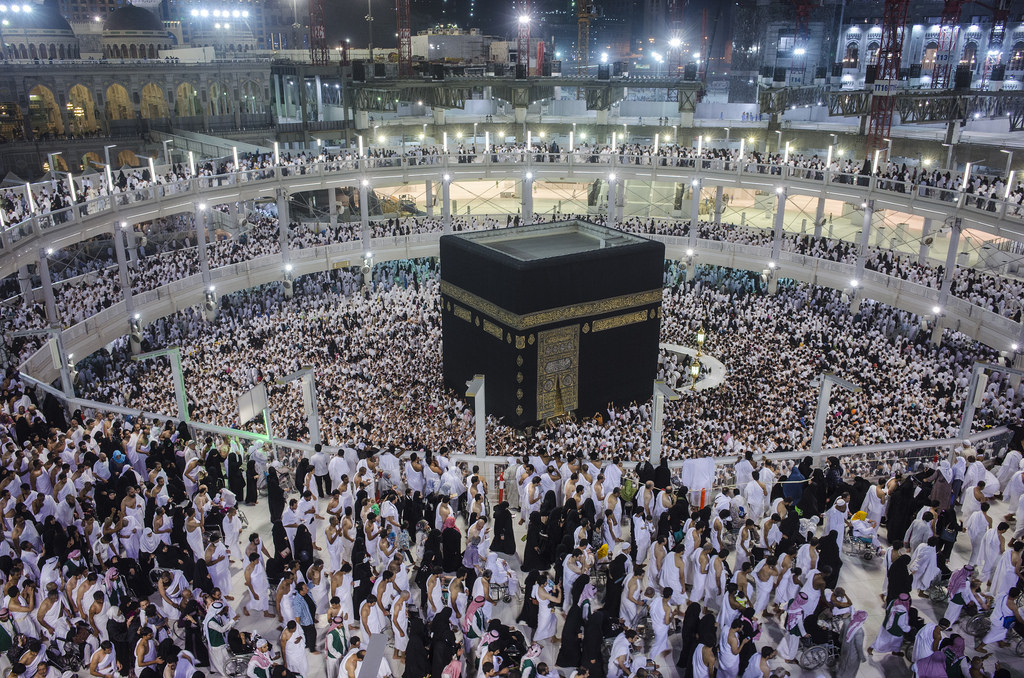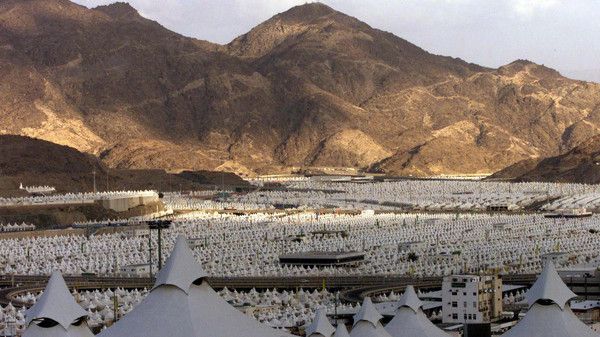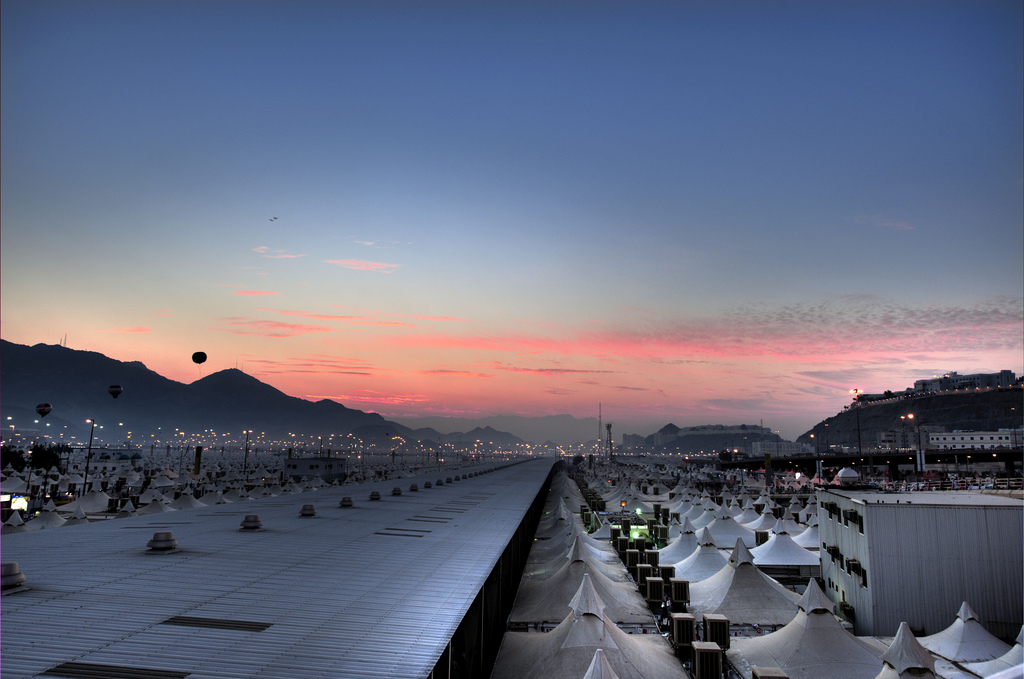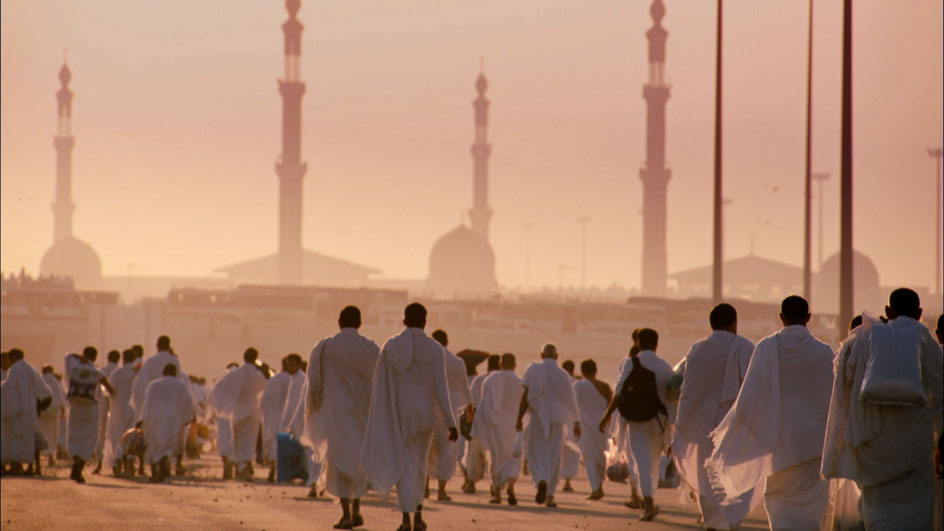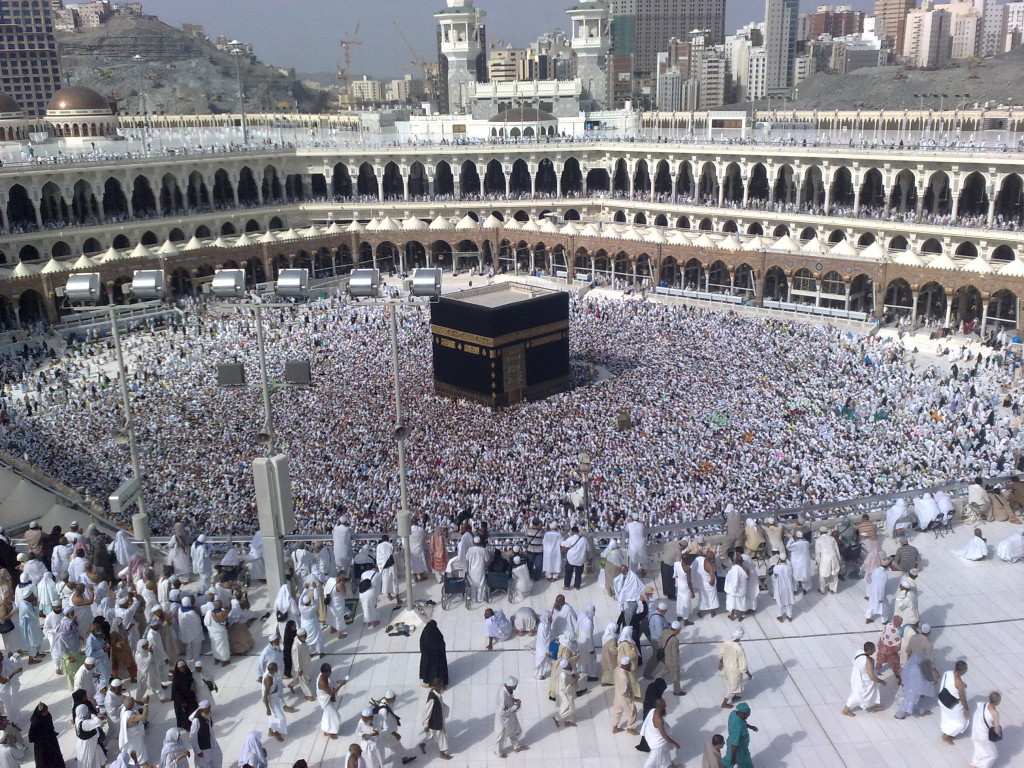It has frequently been observed that Muslim ladies travel from other parts of the world to come for education or work and then settle here. At some point in their life, they feel the need to perform umrah. At this point in time, (until unless, they are 45 years of age), they face major problems. One of which is the Mahram rules for women performing umrah by Kingdom of Saudi Arabia government. These ladies (often young and under 45), feel that they are being deprived of a religious duty and if they were living with families back home, it would have been a lot easier to perform umrah. They sometimes drop the idea of umrah altogether due to conflicting advice, they get from agents and others around them. And this is true as well, to an extent, specially if you don’t know the modus operandi in such cases. This situation is worsened, when your mahram is in a different country, like India, Pakistan or elsewhere in the world.
Following is a step by step procedure, if followed to the letter carefully, can result in getting you going on umrah without any trouble.
Main key points:
- First of all, make sure that the person travelling is a Mahram for you. A mahram is defined as someone who, you are permanently forbidden to marry, due to blood or foster or marriage relationships. Remember, if you choose the wrong person, the whole procedure will be a waste.
- Now book umrah flights for both of you. These flights should be indirect, making sure that you meet. For example in Dubai or any other airport and then take an onwards flight to enter Saudi together.
- Once you have booked the flights, consult your local umrah visa agent. To ask, which company will they be using in Saudi for processing your umrah visa. Write that down with proper pronunciation to avoid confusion with similar names.
- Now request your mahram in your home country to apply for an umrah visa, with a local agent, who is using the same company in Saudi Arabia. e.g Ajyaad etc. Ask them to initiate this process at least 1 month before departure date, due to reason explained in the next step.
- Once you have secured their visa, ask them to email you a scanned copy of the first page and visa page.
- Now give this copy to your local agent, along with your passport and request them to process the visa for you. The agent will apply fresh MOFA for both passports and will charge you for two passports.
- You will Insha Allah, receive visa for both you and the Mahram and can travel without problem.
- Remember, you also need to keep in mind, that in some countries, there is an age limit for males as well, on going for umrah alone. So, exercise caution and make sure all relevant rules are followed.
- Please note that this procedure is described as a guideline only and we are not responsible for results of following or not following this procedure. If you want us to take care of it, please call us at 0203 744 0052 and speak to Hira.
Article by: umrahpackagesuk.co.uk
